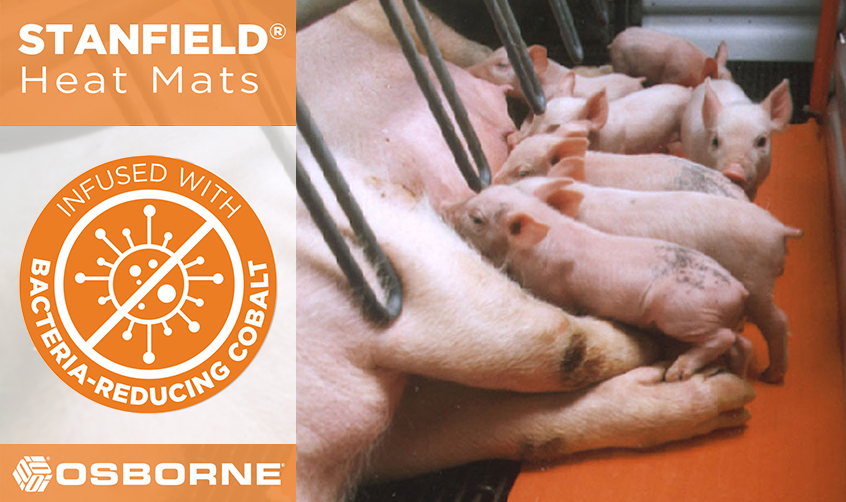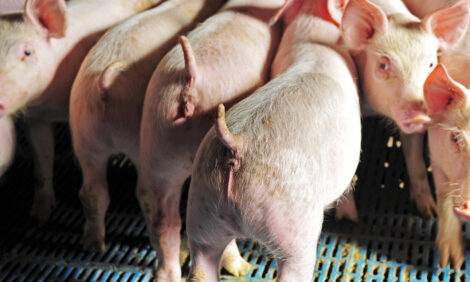



Farmers, abattoirs raise concerns amid Northern Irish vet strike
The strike raises animal welfare concernsThe planned five-day strike, which began on Monday, by Northern Irish vets and meat inspectors will mean that no slaughter of cattle, pigs, sheep and poultry can take place across the whole of Northern Ireland for that week because Official Veterinarians will not be on site in abattoirs, according to a news release from the British Meat Processors Association.
This has raised three major issues, according to the release.
The first is animal welfare, particularly in the pork sector, as pigs begin to back-up on farms. The second is a commercial issue as those animals become too big and ‘out of scope’ for supermarket shelves, resulting in farmers unable to sell their livestock. And, because of the numbers of animals involved, it will take months to recover from the loss of those five production days.
“It will mean that meat plants will have to cease operations, causing loss of income for those businesses, and disrupting food supply chains," said Nick Allen, CEO of the British Meat Processors Association. "This is a particular worry as we enter the busiest period of the year in the run up to Christmas when our members are preparing festive products like hams and pigs-in-blankets for the Christmas market."
It could also prove sensitive for the UK government which is currently working on an agreement with the DUP over the Windsor Framework. The vets’ walkout could expose the scale of border checks that are still needed to get food from the UK mainland to Northern Ireland – even through the new ‘green lane’ – and will demonstrate that the Irish Sea border has not been removed.
Politicians need to step in
“Our members are extremely concerned over the lack information and a contingency plan," Allen said. "So far, they’ve heard nothing from the Northern Ireland Civil Service about if and how they plan to prioritise veterinary cover in meat plants to avoid causing animal welfare issues and disruption to the food supply chain."
"With Stormont still not sitting, this will inevitably end up back in Westminster," he added. "So, on behalf of producers and processors, we would urge Government to step in to engage with all parties, draw up some emergency plans and, ultimately, help to settle this dispute."









